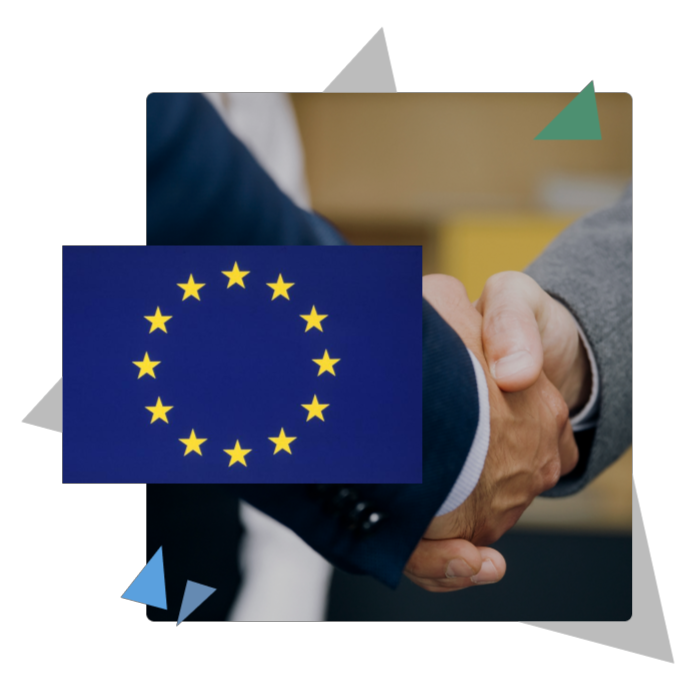
LOWINFOOD is an interdisciplinary Horizon 2020 project with 27 partners from 12 European countries. Its aim is to significantly reduce food waste along the entire value chain and to evaluate the extent of the loss. LEROMA hereby focuses on the beginning of the value chain. The solution LEROMA is providing aims to reduce food raw material waste by providing a digital bridge between raw material suppliers and buyers.
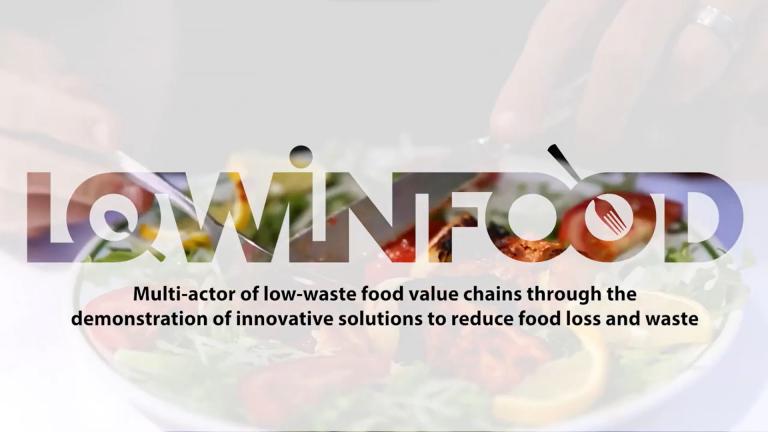
 Use the B2B platform
Buy or sell food in the areas of fish, vegetables or fruit in order to save it from disposal.
Use the B2B platform
Buy or sell food in the areas of fish, vegetables or fruit in order to save it from disposal.
 Invest only a few hours of your time
Participate in the project and attend 2-3 meetings throughout the entire duration of LOWINFOOD.
Invest only a few hours of your time
Participate in the project and attend 2-3 meetings throughout the entire duration of LOWINFOOD.
 Receive valuable information
At the end of the project you will receive insights into your food waste management, suggestions for improvement and the LEROMA certificate.
Receive valuable information
At the end of the project you will receive insights into your food waste management, suggestions for improvement and the LEROMA certificate.
Food is wasted every year in excess of
1.6 billion tons. That's 1.2 trillion USD in economic losses in the food industry every year. 40% of waste occurs at the beginning of the value chain. We face major challenges in our current food systems, including the
depletion of environmental resources to feed the world's growing population, the effects of food production on
climate change, and the problems of
food security, malnutrition, and unequal access to food. In order to achieve the Sustainable Development Goals (SDGs) set by the United Nations as part of the 2030 Agenda for Sustainable Development, food loss and waste need to be reduced.
There are companies that don't want to sell their surplus to competitors because they think it will spoil their market, and they prefer to dispose of the raw materials instead of selling it for a cheaper price. In doing so, they forget that besides losing money, the carbon dioxide emissions that result from disposing of the raw materials have a significant negative impact on the environment. Not to mention the resources like water and land that went into producing them. Every banana, fish and bag of flour produced leaves an environmental footprint. Combined, food waste causes around 8% of global greenhouse gas emissions.
Learn more about the background of LOWINFOOD.
There are companies that don't want to sell their surplus to competitors because they think it will spoil their market, and they prefer to dispose of the raw materials instead of selling it for a cheaper price. In doing so, they forget that besides losing money, the carbon dioxide emissions that result from disposing of the raw materials have a significant negative impact on the environment. Not to mention the resources like water and land that went into producing them. Every banana, fish and bag of flour produced leaves an environmental footprint. Combined, food waste causes around 8% of global greenhouse gas emissions.
Learn more about the background of LOWINFOOD.
.png)
.png) Innovation
Innovation
.png) Sustainability
Sustainability
 Advertise being part of a European research project
Advertise being part of a European research project
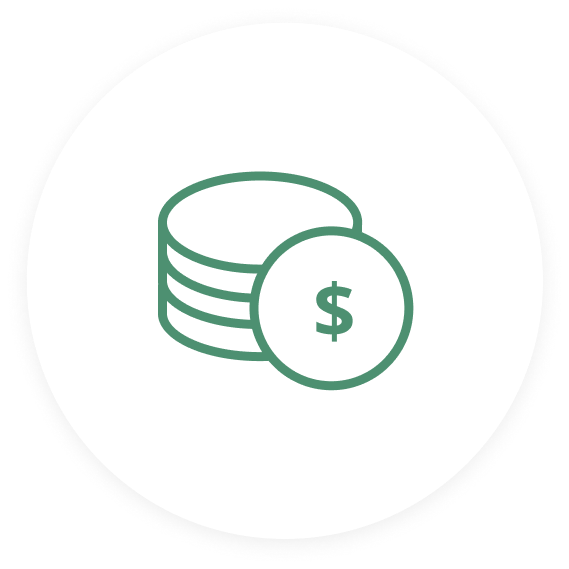 Turn your existing waste into profits
Turn your existing waste into profits
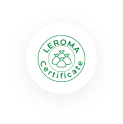 Receive the LEROMA certificate
Receive the LEROMA certificate
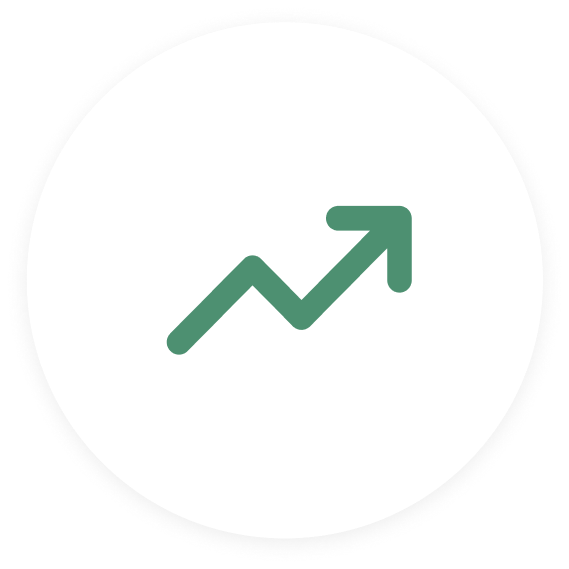 Identify and address your current inefficiencies
Identify and address your current inefficiencies
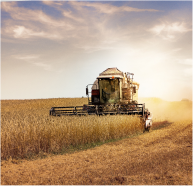 Harvest & production
Harvest & production
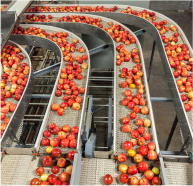 Sorting & Preparation
Sorting & Preparation
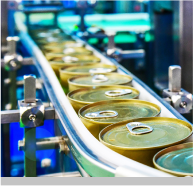 Processing & Packaging
Processing & Packaging
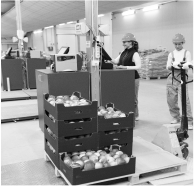 Retail & Shipping
Retail & Shipping
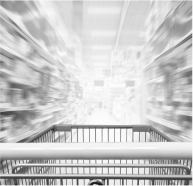 Consumption
500 million tons worth 230 billion USD
350 million tons worth 120 billion USD
160 million tons worth 130 billion USD
200 million tons worth 210 billion USD
340 million tons tons worth 500 billion USD
Consumption
500 million tons worth 230 billion USD
350 million tons worth 120 billion USD
160 million tons worth 130 billion USD
200 million tons worth 210 billion USD
340 million tons tons worth 500 billion USD
Using our digital B2B platform, LEROMA aims to simplify the food procurement process, and to make it more transparent by
bringing food producers and manufacturers together more quickly. This allows companies to save time and money. Suppliers can use the Surplus Exchange to advertise their surpluses, leftover materials and remaining stock. Along the entire value chain, around
1.6 billion tons of raw materials that could actually be reused are disposed of worldwide every year.
LEROMA’s platform, aimed at B2B customers, starts at the beginning of the value chain, which is responsible for about 65% of the waste - 1.01 billion tons. The target groups of the company are therefore raw material suppliers, producers in the food industry and related sectors who can process surpluses or residual materials. By doing this, LEROMA contributes its share to a circular economy and a sustainable future.
LEROMA’s platform, aimed at B2B customers, starts at the beginning of the value chain, which is responsible for about 65% of the waste - 1.01 billion tons. The target groups of the company are therefore raw material suppliers, producers in the food industry and related sectors who can process surpluses or residual materials. By doing this, LEROMA contributes its share to a circular economy and a sustainable future.
Within 5 years, LEROMA has built a database that offers 8,000 raw material types and the corresponding 17 industry groups. The search engine enables users to search for
raw materials as well as for surplus and residual materials. The latter two can be purchased at a
lower price and a shortened delivery time. Thus, the surplus raw materials can still be sold and do not yet leave the value chain.
LEROMA will be in close contact and exchange with food producers and raw material suppliers as part of the LOWINFOOD project, showing them how they can easily utilize their surpluses in terms of recycling, upcycling, and selling their surpluses to other companies and industries. This way, they can reduce costs, become more sustainable and stand out to distinguish themselves from other companies. Following the project timeline, the two surveys help to analyze the progress of each partner - one directly after joining the project and one at the end of it. Comparing the results helps to make suggestions for improvement.
LEROMA will be in close contact and exchange with food producers and raw material suppliers as part of the LOWINFOOD project, showing them how they can easily utilize their surpluses in terms of recycling, upcycling, and selling their surpluses to other companies and industries. This way, they can reduce costs, become more sustainable and stand out to distinguish themselves from other companies. Following the project timeline, the two surveys help to analyze the progress of each partner - one directly after joining the project and one at the end of it. Comparing the results helps to make suggestions for improvement.
 Beginning of the value chain
Beginning of the value chain
.png) Raw material database
Raw material database
.png) Minimizing food waste
Minimizing food waste
 Buy or sell surpluses of food raw materials
Buy or sell surpluses of food raw materials
 Occasional deals and one-time purchases
Occasional deals and one-time purchases
 10% commission on successful deals
10% commission on successful deals

 Fill in a questionnaire
Answer 20 short questions that will help us to analyze the current state of your company and predict the next steps in becoming more sustainable.
Attend a total of 3-4 meetings
Within the duration of the project, there will be 3-4 meetings held to ensure a smooth cooperation between your company and LEROMA.
Fill in a questionnaire
Answer 20 short questions that will help us to analyze the current state of your company and predict the next steps in becoming more sustainable.
Attend a total of 3-4 meetings
Within the duration of the project, there will be 3-4 meetings held to ensure a smooth cooperation between your company and LEROMA.

 Closing questionnaire & evaluation
In the ending period of the project, you will be asked to fill in the same questionaire as in the beginning. This is done to measure the success of the project and the improvement of the food waste management.
Closing questionnaire & evaluation
In the ending period of the project, you will be asked to fill in the same questionaire as in the beginning. This is done to measure the success of the project and the improvement of the food waste management.
.png)
Trout, plaice, mackerel, sardines, capelin and many other fish species - are all caught either in aquaculture or in the sea. The demand is high. In Germany, around 15 kg of fish or fish products are needed per person every year. Of the total 3.6 million tons of food wasted annually in the processing and agricultural industries, a large part is avoidable. Thus, fish waste is also generated by the fact that
30% of the fish caught is no longer processed. However, these "surpluses" offer great potential for a wide variety of uses.
The current use of fish leftovers is causing additional damage to the environment. A huge amount of leftover fish is disposed of or added to biogas plants. This results in costs and environmental pollution.
The current use of fish leftovers is causing additional damage to the environment. A huge amount of leftover fish is disposed of or added to biogas plants. This results in costs and environmental pollution.
Over 90% of fish populations in the Mediterranean Sea are considered overfished. If popular fish species such as tuna are caught excessively, the
ecological balance is negatively affected - only to dispose of the caught fish. In turn, incineration in biogas plants produces
greenhouse gases - 250 g CO2e per kWh generated.
Fish rests have a great utilization potential. For example, fish oil can be extracted from fish meat, head, fins, skin and innards. Also fish leather or even bioplastics can be obtained by passing them on to neighboring industries. This not only reduces the amount of waste and waste, but also creates valuable products at the same time. Under the motto: Use instead of waste.
Fish rests have a great utilization potential. For example, fish oil can be extracted from fish meat, head, fins, skin and innards. Also fish leather or even bioplastics can be obtained by passing them on to neighboring industries. This not only reduces the amount of waste and waste, but also creates valuable products at the same time. Under the motto: Use instead of waste.
.png) Reducing waste
Reducing waste
.png) Saving money
Saving money
 Second chance for surpluses
Second chance for surpluses
.png) Valorization options
Valorization options
to the same industry Further processing of raw materials
through the food industry
 1.png)
Annually, an estimated 50 million tons of the fruit and vegetables grown in Europe are thrown away because they
don’t have the right size or shape, meaning that a third of the crop never reaches supermarket shelves. Approximately
half of all fruit and vegetables produced globally are wasted each year because of factors such as drought, pests, storage, transportation, and retail issues. Out of 1.6 billion tons of food wasted worldwide each year, 644 million tons are fruits and vegetables. This means, that they are the
most wasted food item in the world.
Fruit and vegetable rests have a great utilization potential. For example apple peels, as shown in the graphic, can be processed into fruit powder. This is very versatile and can be used in the production of other products, such as in yogurts or shampoos - hence in various industries.
Fruit and vegetable rests have a great utilization potential. For example apple peels, as shown in the graphic, can be processed into fruit powder. This is very versatile and can be used in the production of other products, such as in yogurts or shampoos - hence in various industries.
Avocado pits are difficult to compost due to their high oil content. This means that another solution must be found. The pits are transformed into a
heat-resistant plastic that is cut or bent into various shapes under the influence of heat. In addition to
straws and cutlery, this process creates
food containers, plates and more.
Another good use of residuals are sneakers that can made out of mango peels. The variety is huge in terms of a waste utilization. We share the ideas of using residual materials instead of wasting them on our website.
Our expertise in this area continues to expand through the Lowinfood project, collaboration with partners and our surplus exchange. Join us and learn about the hidden opportunities of your waste!
Another good use of residuals are sneakers that can made out of mango peels. The variety is huge in terms of a waste utilization. We share the ideas of using residual materials instead of wasting them on our website.
Our expertise in this area continues to expand through the Lowinfood project, collaboration with partners and our surplus exchange. Join us and learn about the hidden opportunities of your waste!
After joining the LOWINFOOD project, you will be able to
turn your existing waste into profit. Not only will you earn money, but you can save on storage and disposal costs, and reduce the environmental impact of waste disposal and waste that would have otherwise occurred.
Your company will be awarded the LEROMA certificate for reducing food waste. It certifies your credibility and sustainable actions towards your customers and other stakeholders. In addition, you will benefit in the area of marketing. Being part of a European Horizon research project brings your company more attention and publicity. Above all, potential customers and business partners can see that you are committed and motivated to make a difference.
Last but not least, LEROMA will help you to identify your current inefficiencies and help you to come up with different approaches for improvement. Your business will be more efficient and profitable and is therefore more likely to grow.
Your company will be awarded the LEROMA certificate for reducing food waste. It certifies your credibility and sustainable actions towards your customers and other stakeholders. In addition, you will benefit in the area of marketing. Being part of a European Horizon research project brings your company more attention and publicity. Above all, potential customers and business partners can see that you are committed and motivated to make a difference.
Last but not least, LEROMA will help you to identify your current inefficiencies and help you to come up with different approaches for improvement. Your business will be more efficient and profitable and is therefore more likely to grow.
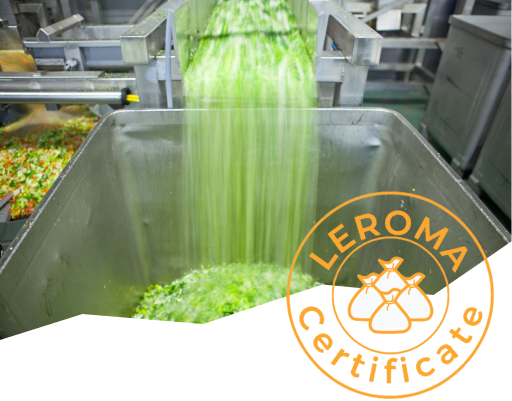
After joining the LOWINFOOD project, you will be able to turn your existing waste into profit. Not only will you earn money, but you can save on storage and disposal costs, and reduce the environmental impact of waste disposal and waste that would have otherwise occurred.
Your company will be awarded the LEROMA certificate for reducing food waste. It certifies your credibility and sustainable actions towards your customers and other stakeholders. In addition, you will benefit in the area of marketing. Being part of a European Horizon research project brings your company more attention and publicity. Above all, potential customers and business partners can see that you are committed and motivated to make a difference.
Last but not least, LEROMA will help you to identify your current inefficiencies and help you to come up with different approaches for improvement. Your business will be more efficient and profitable and is therefore more likely to grow.
Your company will be awarded the LEROMA certificate for reducing food waste. It certifies your credibility and sustainable actions towards your customers and other stakeholders. In addition, you will benefit in the area of marketing. Being part of a European Horizon research project brings your company more attention and publicity. Above all, potential customers and business partners can see that you are committed and motivated to make a difference.
Last but not least, LEROMA will help you to identify your current inefficiencies and help you to come up with different approaches for improvement. Your business will be more efficient and profitable and is therefore more likely to grow.
 Let's start the journey!
Support the research project
Measure food waste
Rescue & transfer raw materials
Your contact person
Florian Casalino
Sustainability Manager
florian.casalino@leroma.de
Let's start the journey!
Support the research project
Measure food waste
Rescue & transfer raw materials
Your contact person
Florian Casalino
Sustainability Manager
florian.casalino@leroma.de+49 211 639 577 60
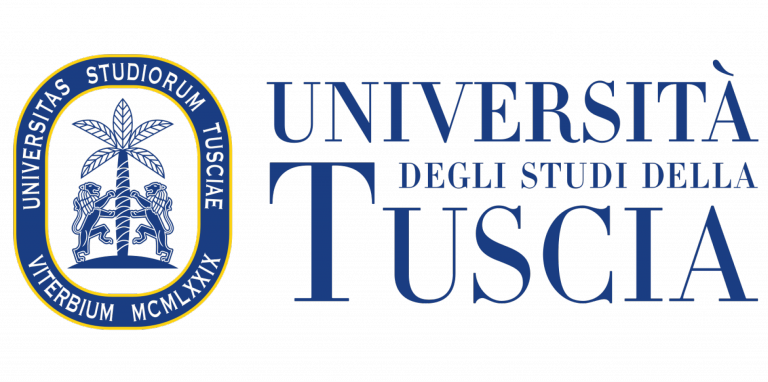
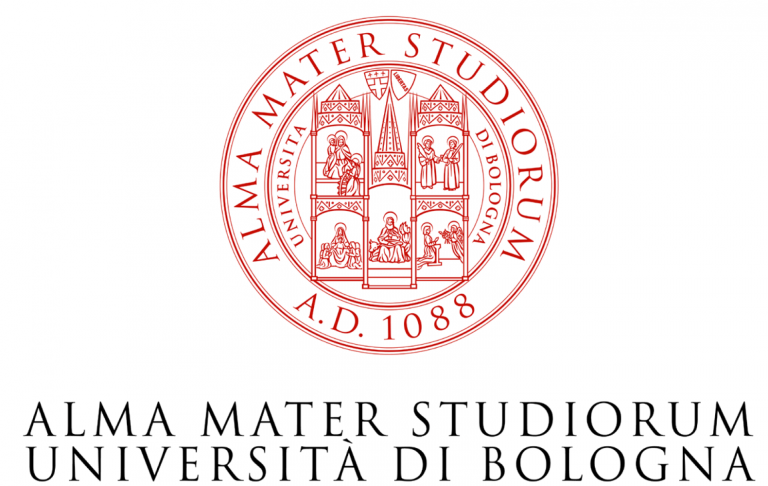
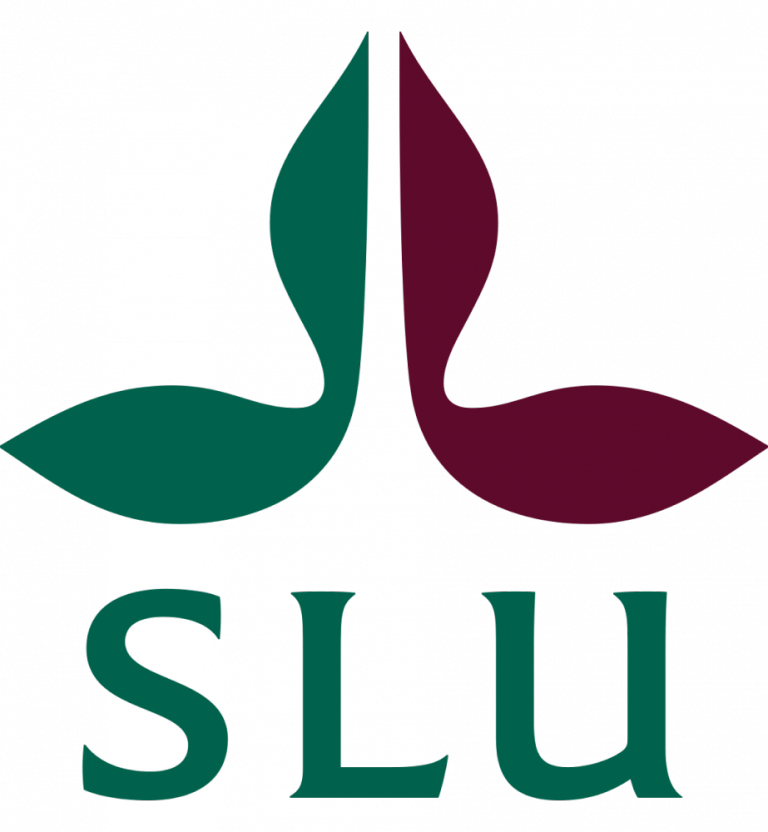
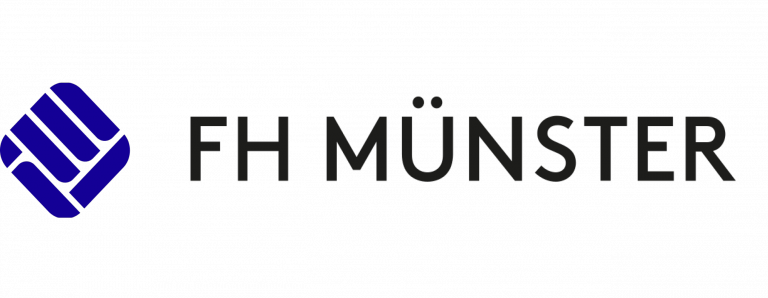
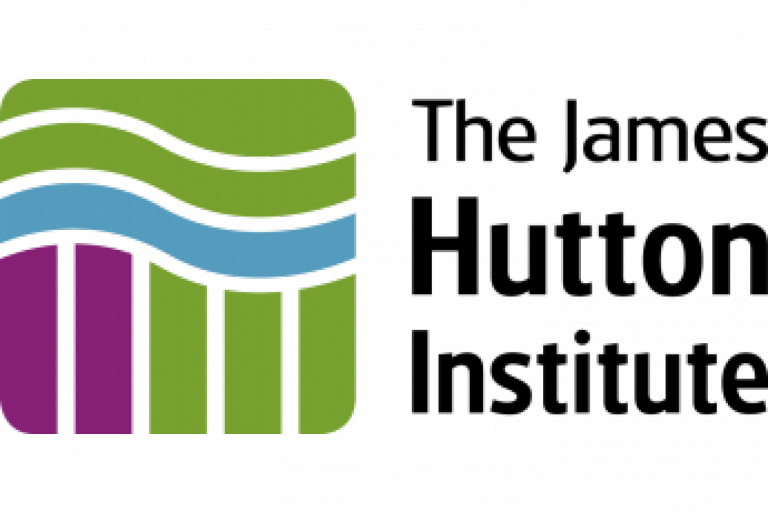
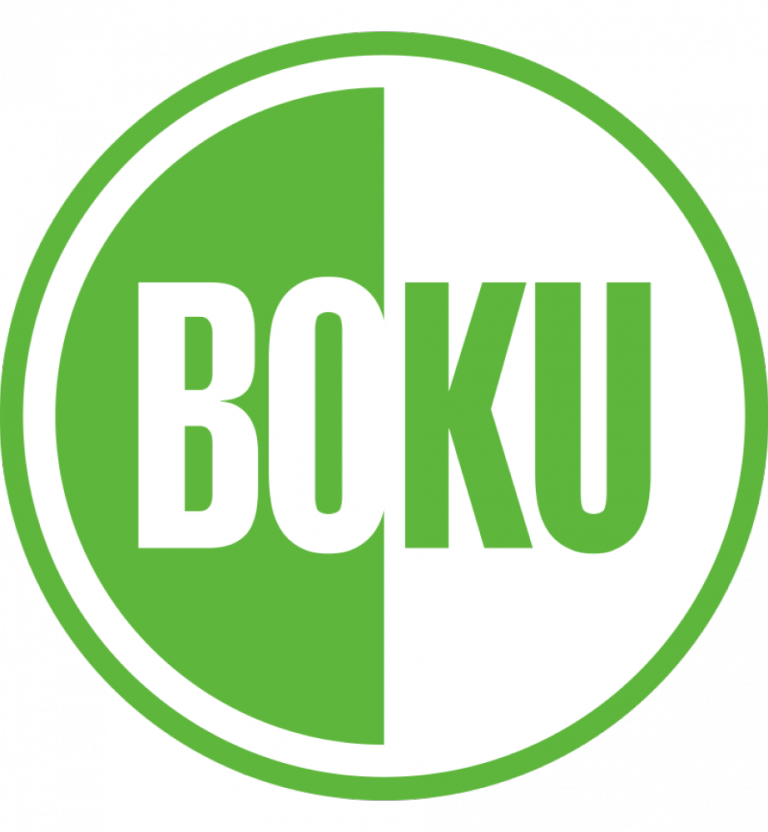
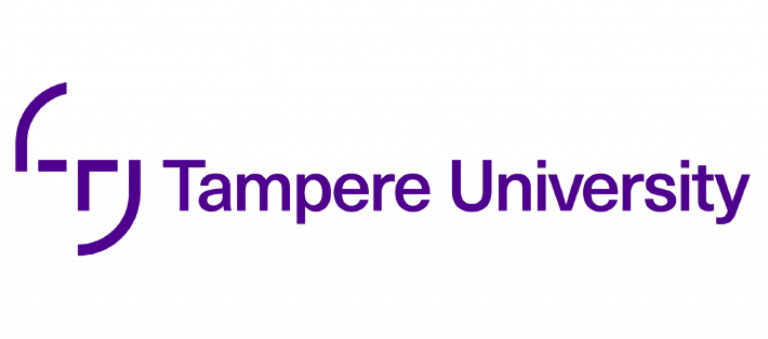

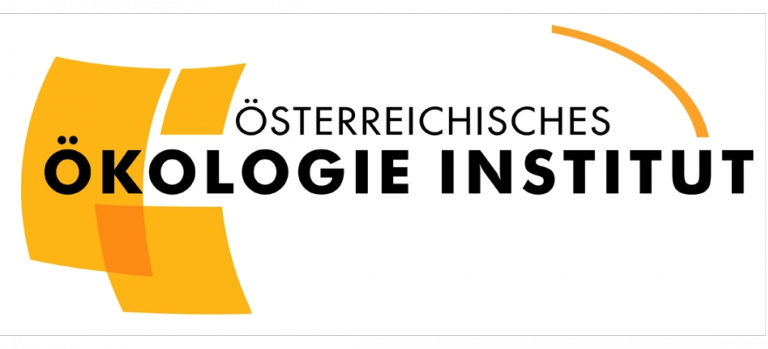 Partners providing innovations
Partners providing innovations
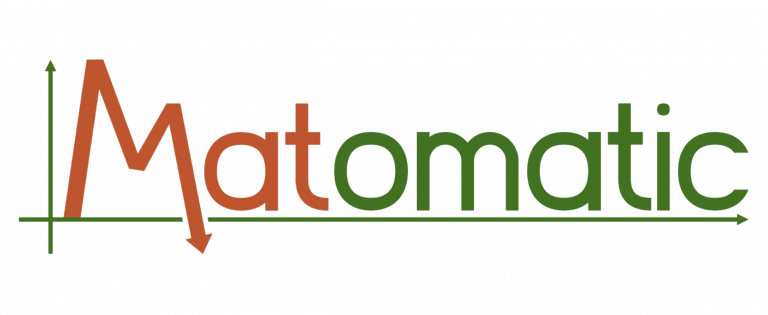

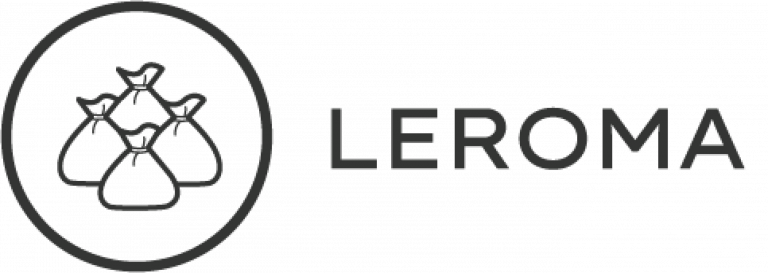
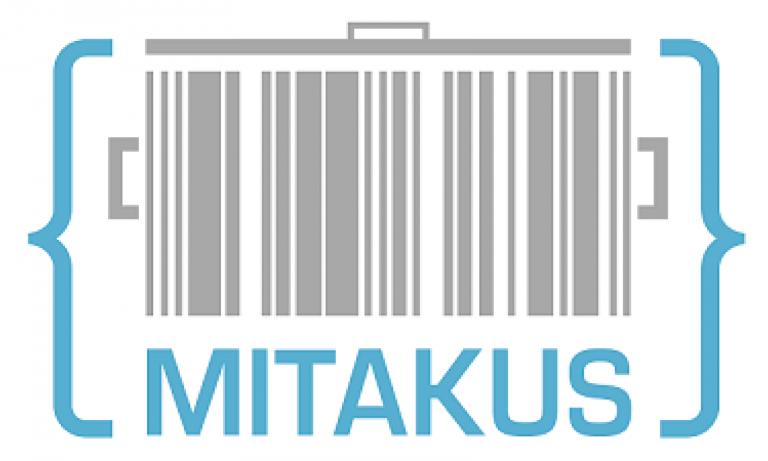
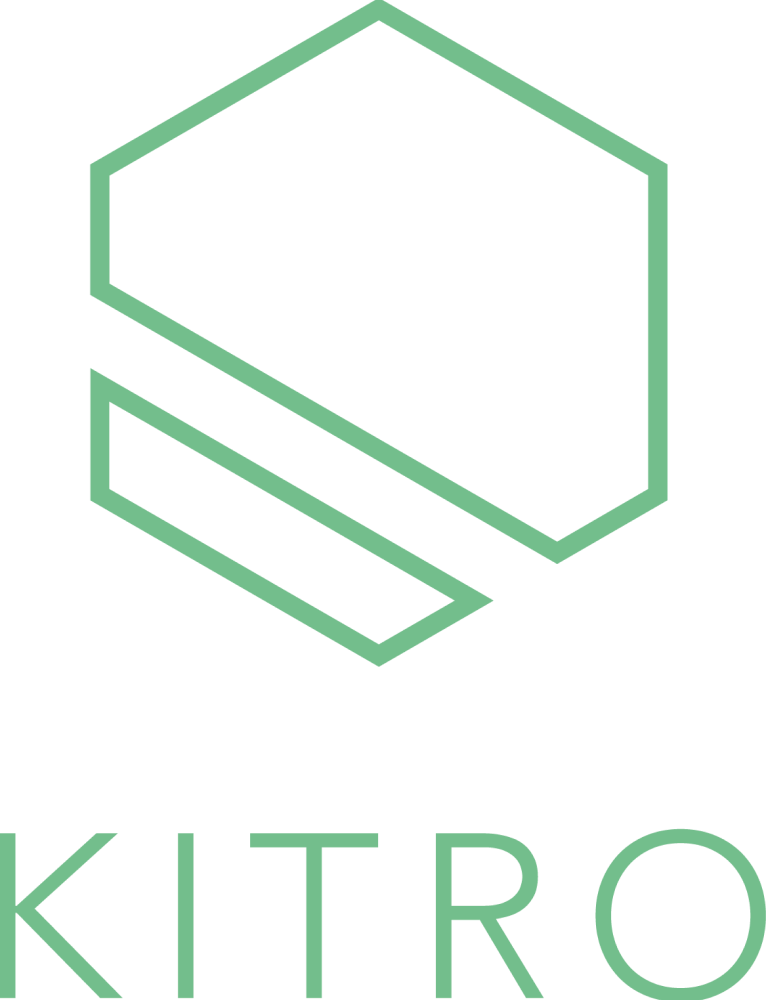
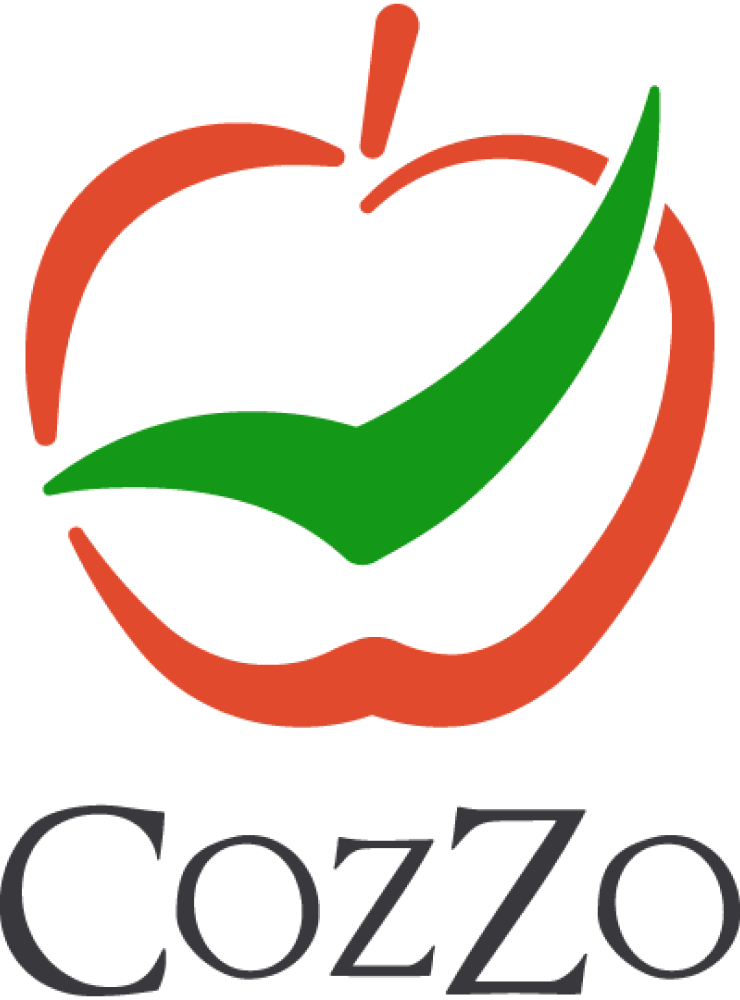
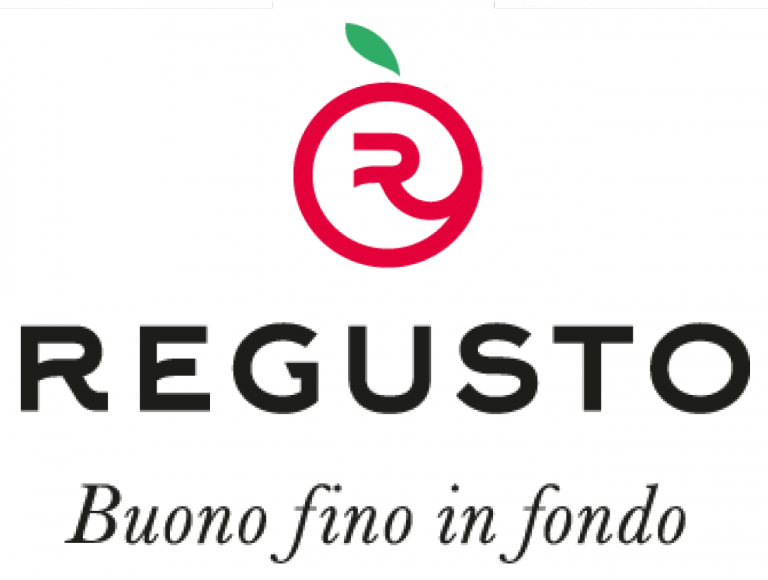
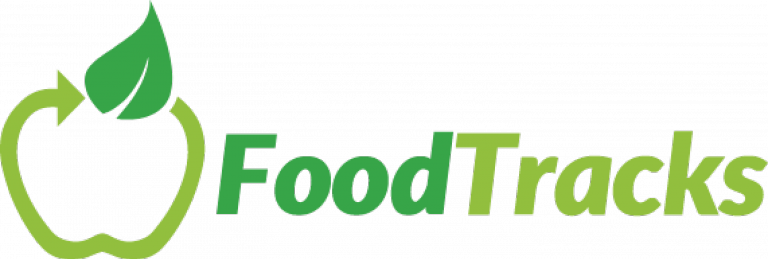 Partners belonging to food sectors
Partners belonging to food sectors
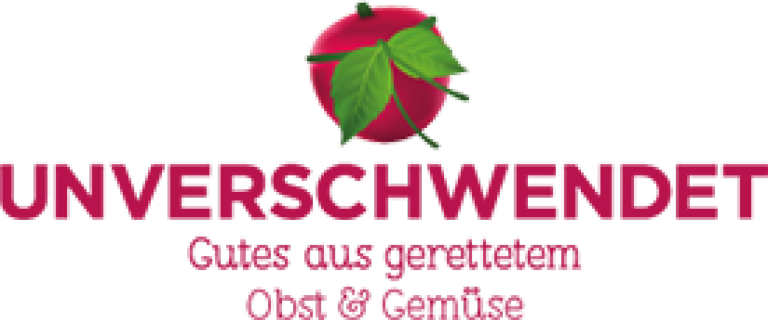
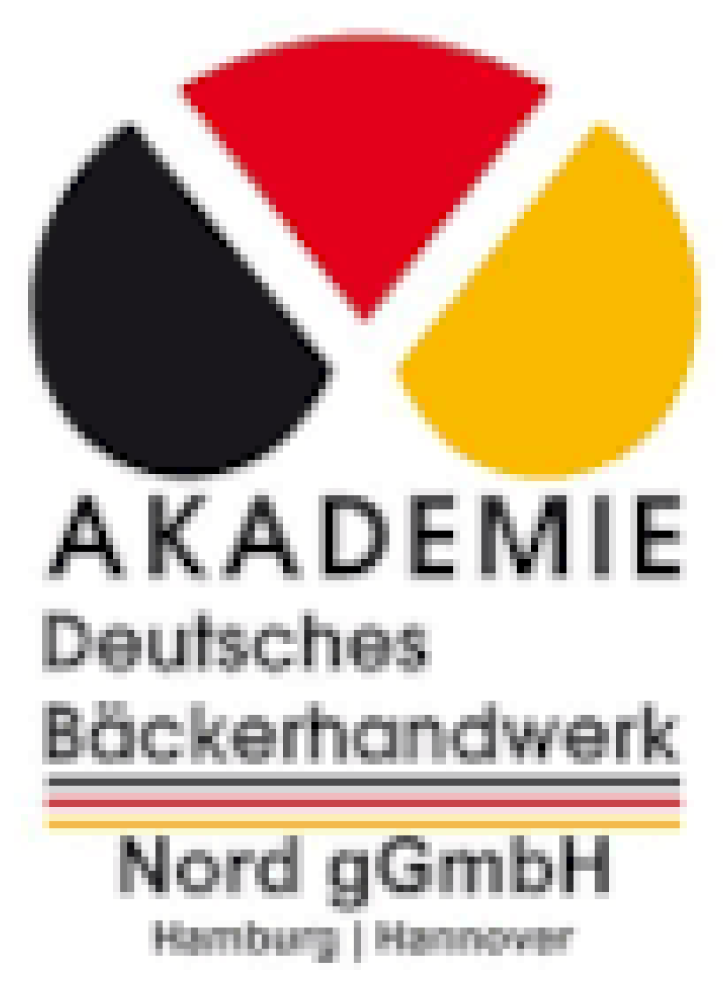


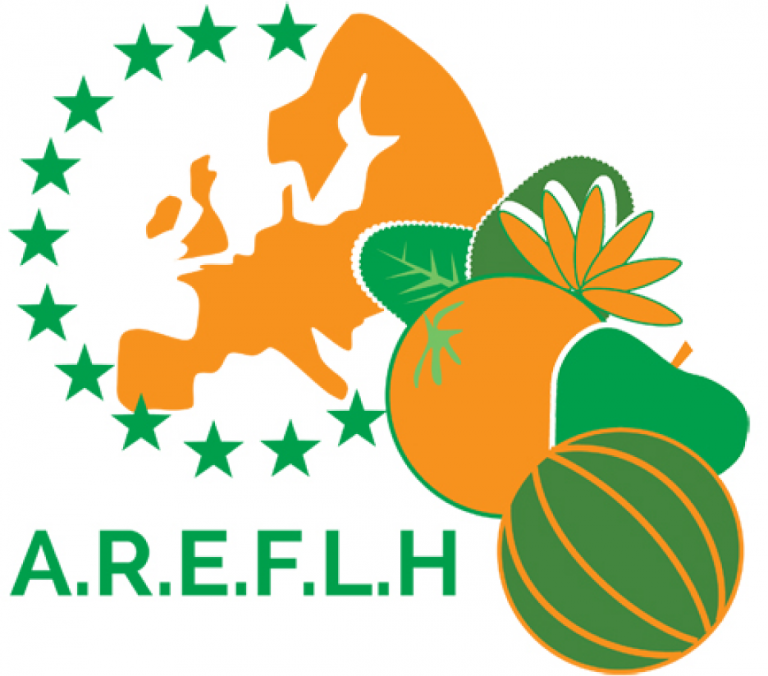
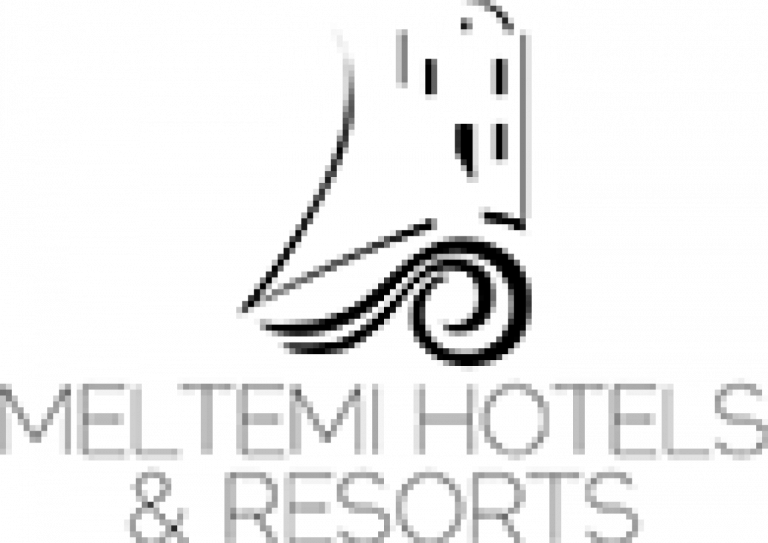
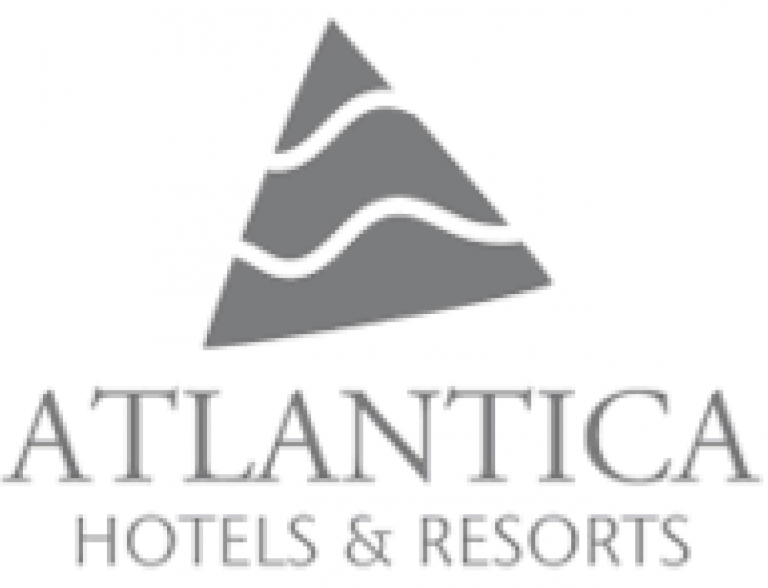 Communication partner
Communication partner
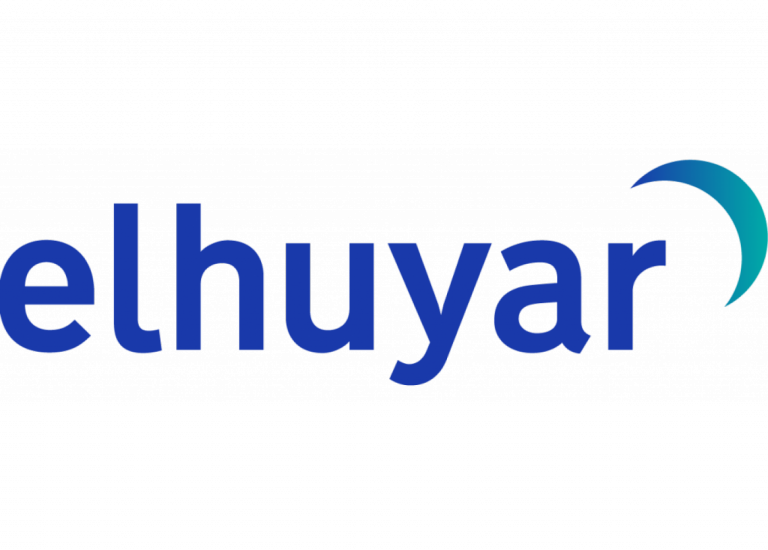 Public institutions
Public institutions

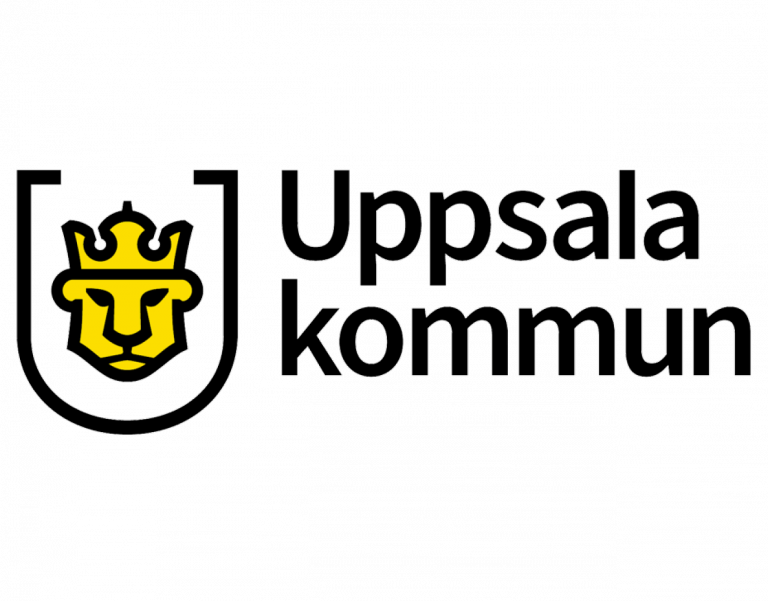
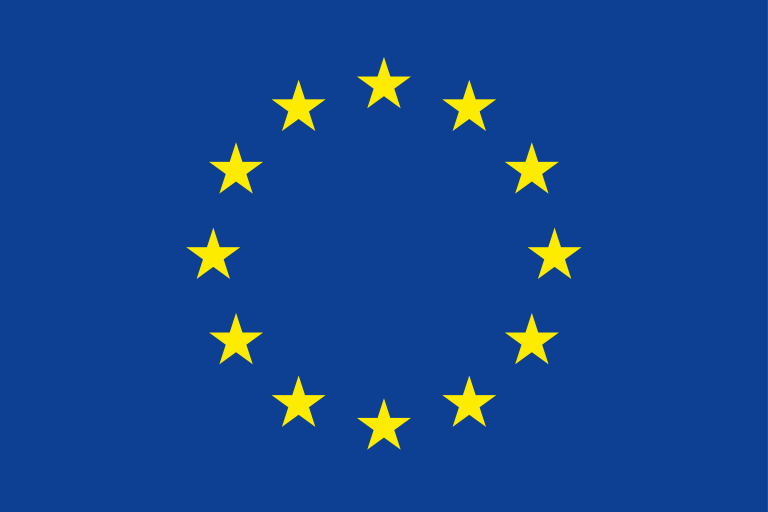 LOWINFOOD has received funding from the European
LOWINFOOD has received funding from the EuropeanUnion’s Horizon 2020 research and innovation programme
under grant agreement No 101000439.
Join the project and benefit from the results!
Make the first step and list your products now on our Surplus Exchange.
Let's save resources together!
